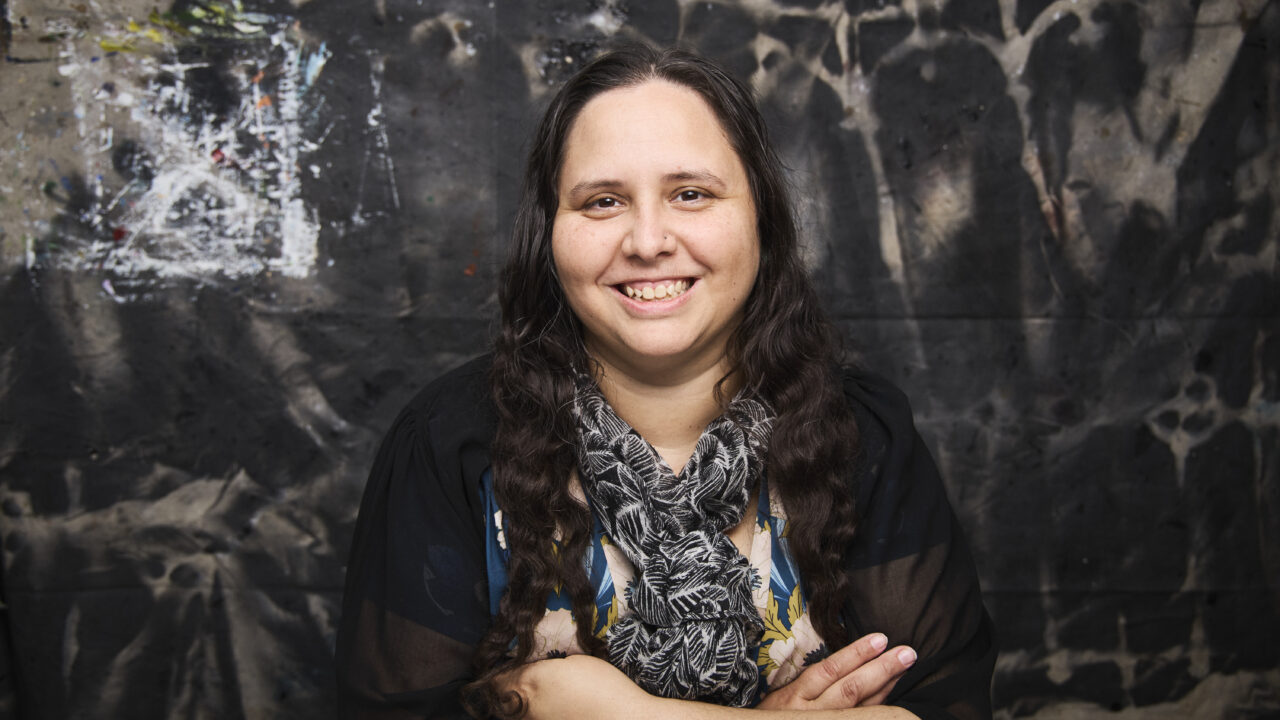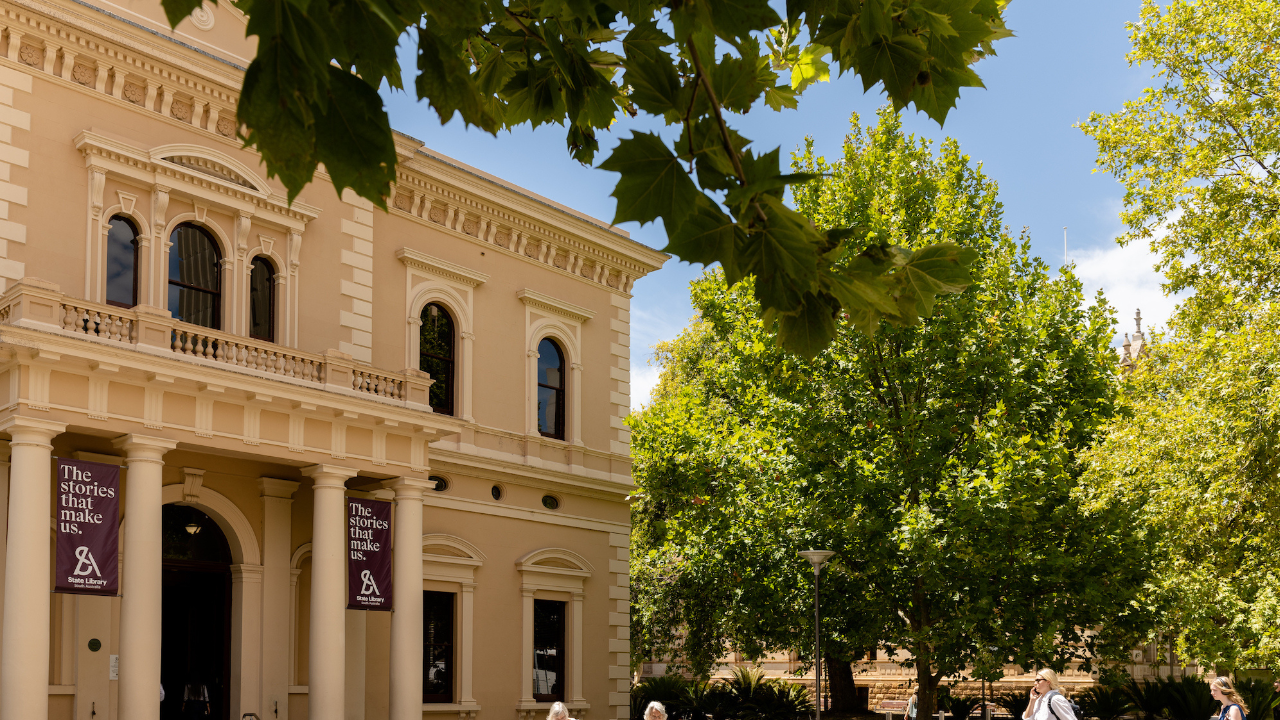Bats are falling from the sky. There’s an inexplicable knocking on the front door at 2am. The Australian election took place in a parallel universe where climate change doesn’t seem to exist. A man you’ve never met before says he sees you in his dreams. If the apocalypse isn’t here yet (debatable), the writing in the second issue of Australian literary journal Splinter indicates it will be soon.
Launching on May 22, the issue features new fiction, non-fiction, and poetry by 25 emerging and established writers from around Australia and the world.
Splinter editor Farrin Foster says the second issue is surprising, ominous, funny, and forthright in how it addresses our confusing present moment.
“A literary journal is always going to document the time in which it is made, but the shift between our first and second issue is really striking,” says Foster.
“Splinter’s second issue is really broad in its themes. It roams from essays on climate change, to a short, horror-tinged and form-bending story dealing with intimate partner violence, via an eloquent call for more depictions of Blak joy, and all the way through to a celebration of ocean swimming.
“But across it all, there is a distinct change in atmosphere. The tone that emerged from our issue two submissions callout was altogether darker than what we saw for issue one, and it is intriguing to see that shift occur in just six months.”
Splinter is published every six months out of Tarntanya (Adelaide) by Writers SA. The journal is created in partnership with Flinders University, UniSA, the University of Adelaide and with support from CreateSA.
The writers in issue two hail from Australia, Japan, Canada, Nigeria, Lebanon, the Philippines, and New Zealand. Established names like Omar Musa, Ellena Savage, Hasib Hourani, Royce Kurmelovs, and Erin Riley appear alongside exciting emerging voices, including Courtney Jaye, Stephanie Westwood, Margot Albrecht, and Alex Cothren.
The journal’s second issue also includes a special insert, ‘Attending’, which features work from a cohort of Deaf writers who were mentored by celebrated authors Jessica White and Fiona Murphy.
White says the collection that emerged from this collaboration – which was enabled by support from the Copyright Agency Cultural Fund and CreateSA – is a literary chronicle of close engagement with the world.
“Many non-deaf people think that deafness means a life without sound, but as the five writers in this special section of Splinter reveal, Deaf bodies are alert to sensory input in all its forms, and Deaf brains are limber from decoding input,” says White.
“We hope these pieces will prove not just engaging, but also act as a prompt to readers to listen – to the people around them, and to the wider world – as carefully as Deaf people.”
The issue is available via the Splinter website.







